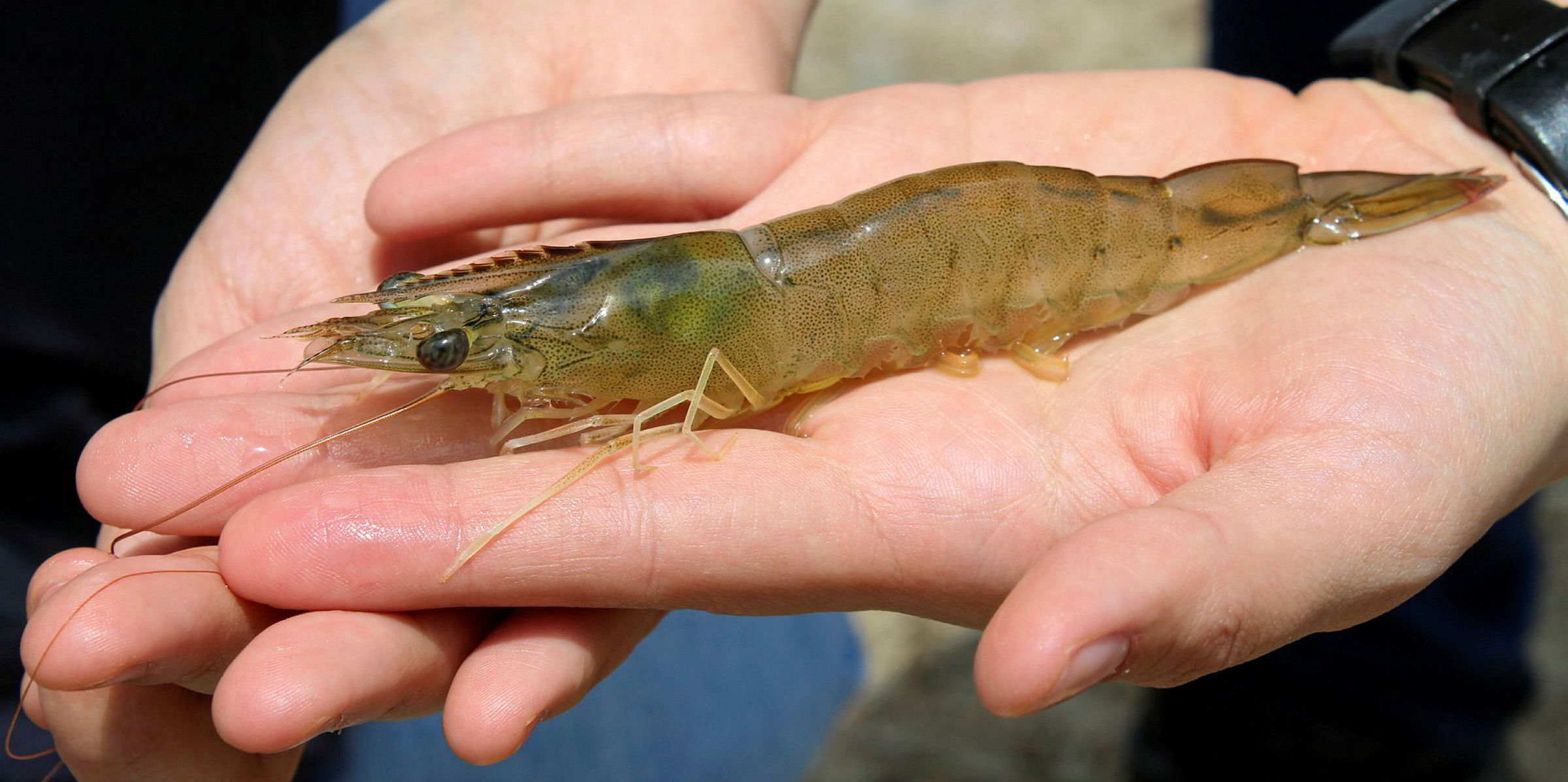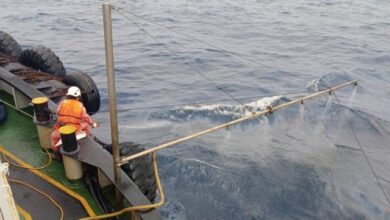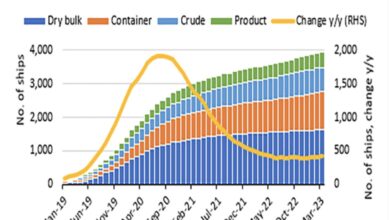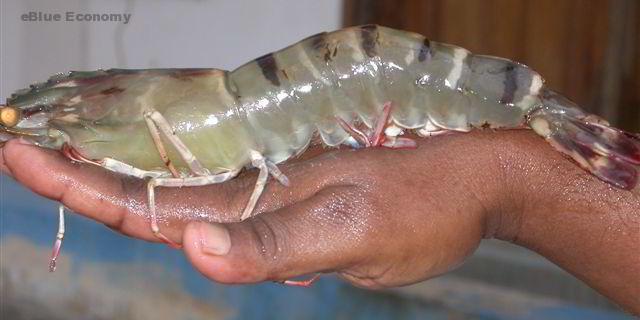
Researchers at Labomar, the Marine Sciences Institute in Brazil, have published a new study that tests the digestibility of shrimp feed ingredients from a variety of sources.
The scientists evaluated the digestibility of crude protein and essential amino acids in ingredients for Pacific whiteleg shrimp diets, including soy protein concentrate, corn gluten meal, poultry by-product meal, meat and bone meal, hydrolyzed feather meal, spray-dried blood meal, tilapia byproduct meal, Brazilian marine fish meal, salmon byproduct meal, and krill meal. The was later provided by Aker BioMarine.
The feeding trial ran over three experimental stages, each lasting up to 30 days. The test diets included a range of plant and terrestrial animal byproduct ingredients, as well as aquatic ingredients, such as marine fish meal, salmon byproduct meal, and krill meal.
Following the experiment, the scientists concluded that the aquatic ingredients yielded higher crude protein and essential amino acid digestibility, making them the more effective additives to shrimp feeds.
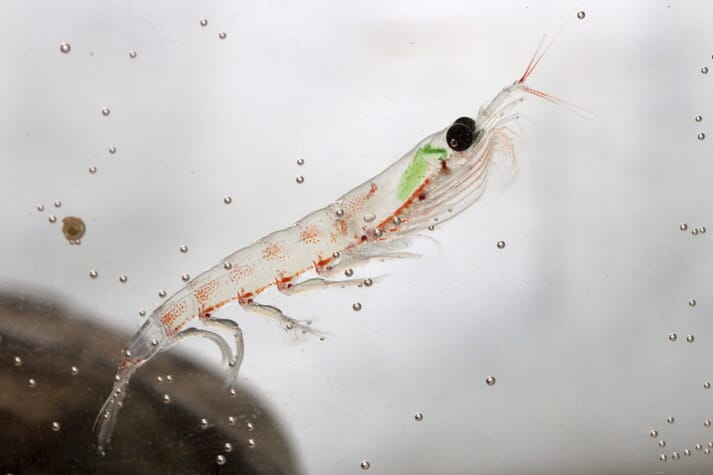
“Protein ingredients can be costly for shrimp farmers, and the shared goal is to use ingredients that are as effective as possible, a motivation that prompted this new study,” said Lena Burri, R&D director at Aker BioMarine, in a press release. “While we did not participate in this experiment from a research perspective, we supplied the krill meal to the team, and it was shown to be the highest performer among all ingredients tested.”
“This study has shown that protein and amino acid digestibility of raw materials have greater importance than their crude values and should be carefully considered during ingredient selection and feed formulation.
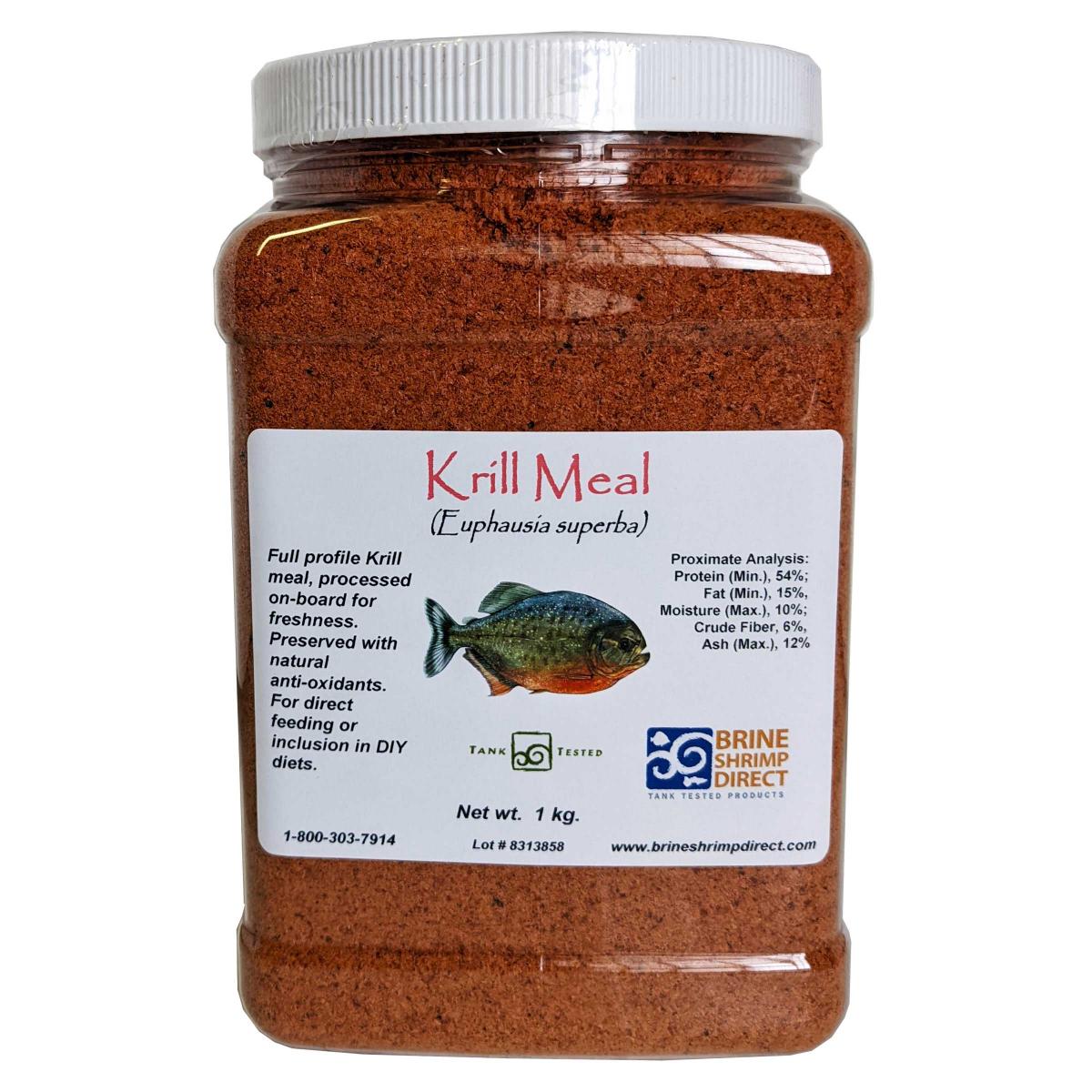
We see that aquatic protein sources – and krill meal specifically – have proven to increase feed efficiency and growth performance of juvenile shrimp, which will likely have direct implications to water quality and economic performance of shrimp farms,” said Dr. Alberto JP Nunes from Instituto de Ciências do Mar (Labomar).
Source The fish Site


